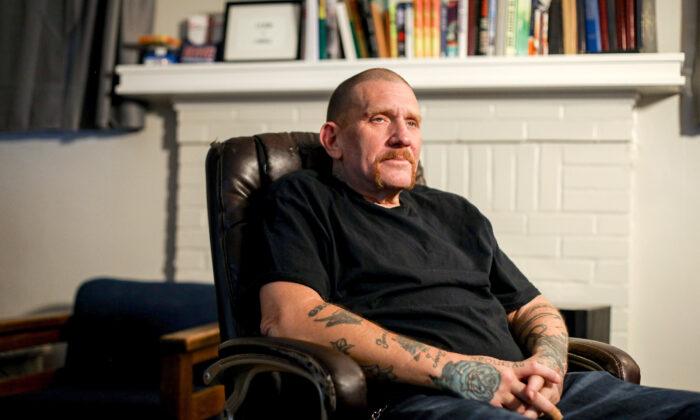The United States is urging Iraq to take steps to help prevent bases where U.S. troops are stationed from being shelled amid the country’s mass anti-government protests.
Last week, Esper warned that attacks by Iran-backed groups on bases hosting U.S. forces in Iraq were pushing all sides closer to an uncontrollable escalation. Rocket strikes targeting Iraqi bases where members of the U.S.-led coalition are also stationed have increased in past weeks, with no claim of responsibility from any party.
Abdul Mahdi also warned Esper “that taking unilateral decisions will have negative reactions that are difficult to control and threaten the security, sovereignty, and independence of Iraq,” according to the statement.
“The United States is seriously concerned by continued attacks against protestors, civic activists, and the media, as well as restrictions on internet access, in Iraq,“ Grisham said. ”Iraqis won’t stand by as the Iranian regime drains their resources and uses armed groups and political allies to stop them from peacefully expressing their views.”
Iran Protests
Anti-government protests have also gripped Iran. The protests, which lasted about four days in several cities and towns in November, were sparked by a sharp rise in gasoline prices. During the violence and in the days that followed, Iranian authorities blocked access to the internet.Speaking at the State Department, Hook said the United States had received and reviewed video of one specific incident of repression in the city of Mahshahr, during which the Iranian Revolutionary Guards Corps (IRGC) had mowed down at least 100 protesters with machine-gun fire.
Tensions between the United States and Iran have risen since the United States withdrew from the 2015 Iran nuclear deal with world powers and reimposed sanctions that are hitting Tehran hard.
“The Iranian regime uses its aviation and shipping industries to supply its regional terrorist and militant groups with weapons, directly contributing to the devastating humanitarian crises in Syria and Yemen,” Treasury Secretary Steven Mnuchin said in a Dec. 11 statement.





